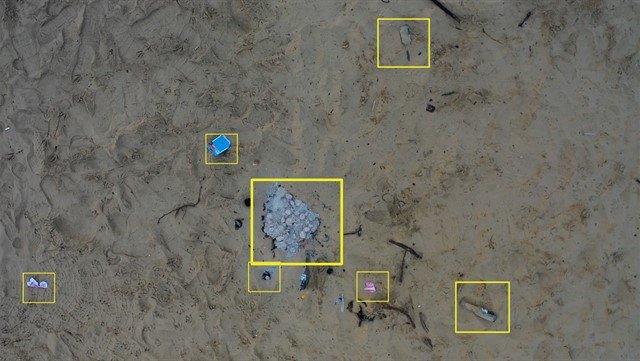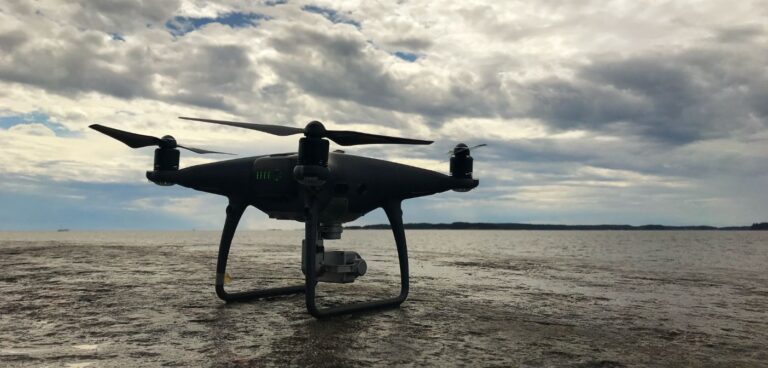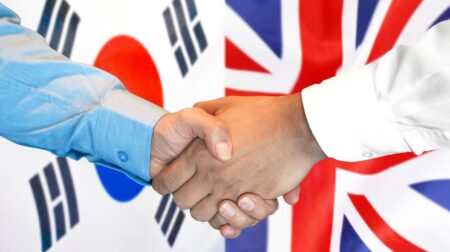A UK litter survey, funded by fast food chain McDonald’s, has combined the use of unmanned aerial vehicles (UAVs) and AI to identify the country’s litter habits.
The survey, undertaken by technology company Ellipis Earth over May half-term, covered coastal resort towns Bournemouth, Christchurch and Poole (BCP region). The study was designed to provide unprecedented insight into the type of litter that’s being dropped, and where.
Ellie Mackay, CEO of Ellipsis Earth, said: “We’re using drones, fixed cameras and mobile and vehicle technology to create detailed litter maps, identify hot spots and build an understanding of how the litter is travelling.”
Using AI analysis of data collated by the UAVs, the study identified more than 1.5 tonnes of rubbish over seven days, with a total of 123,000 items found. This included 47,467 cigarette butts, 32,678 paper napkins and receipts, and 6,578 plastic fragments from bottles and sweet wrappers.
Furthermore, over half a tonne of glass bottles were identify by the AI solution, most of which had contained alcohol.

According to the researchers, these findings reveal that littering had increased by 454% compared with the amount dropped in the same area during the March lockdown.However, the team hopes the survey can enable the BCP region to take steps to tackle beach pollution.
Mackay added: “The data we provide is not only highly accurate but also extremely detailed, allowing us to develop specific, targeted recommendations to be able to focus their efforts with maximum effect. We have seen proven success of this approach around the world and we aim to demonstrate the power of this method for the BCP region as well as its potential to extend to other UK councils.”
Additionally, environmental charity Hubbub, partner of the UAV survey project, will be using the research findings to identify places where the installation of cigarette ballot bins is required.









